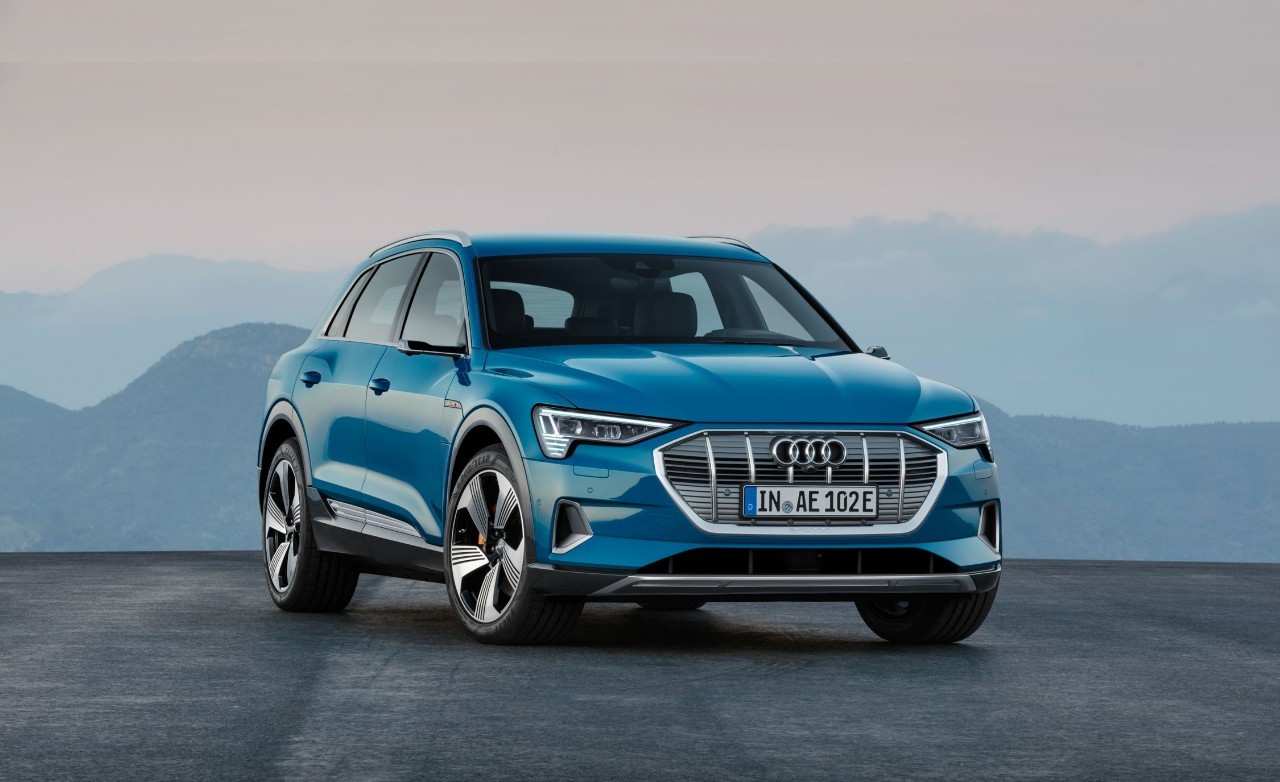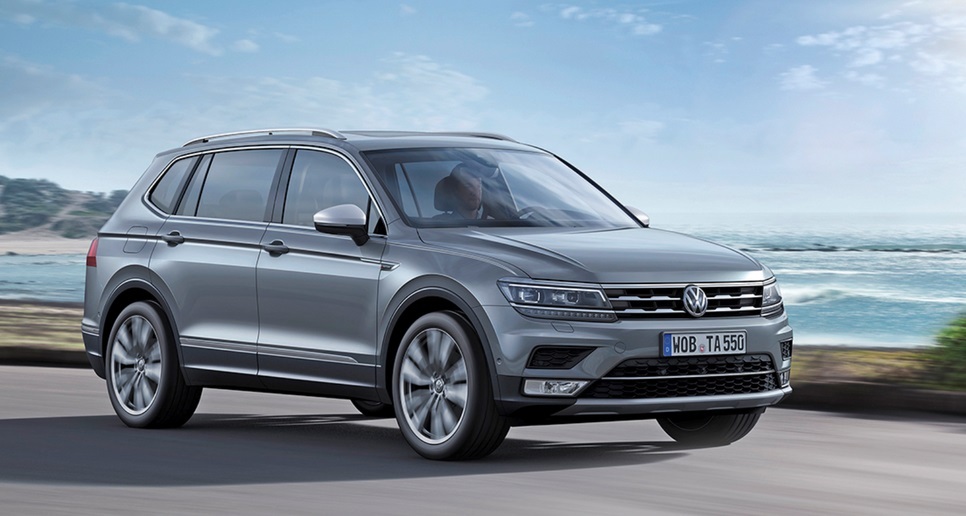 |
Audi E-tron 55 Quattro (Audi VW) |
German carmaker Audi Volkswagen Group’s two flagship brands have made a full-fledged comeback in the local imported car market, making a fourfold sales jump in the first half this year, industry data showed Wednesday.
The feat comes four years after the emission-fraud scandal dubbed “dieselgate” severely hurt sales of its dominant brands here.
In 2015, Audi and VW cars were found to have used software to cheat on diesel emissions tests on some 11 million cars of 15 diesel models. Along with a penalty, this led to a sales suspension of two years, significantly harming the automaker’s sales.
In 2017, the sales figure halved -- zero VW cars and only 962 Audi vehicles were sold here.
But in the January-June period this year, Audi and VW sold a total of 10,071 units and 7,405 units of cars, respectively, according to Korea Automobile Importers & Distributors Association data. They each made 293.4 percent and 317.2 percent jump in their sales on-year.
This has led their combined market share to record 13.62 percent, very close to No. 2 BMW’s market share of 19.83 percent in the first half of this year. Topping the market share was Mercedes-Benz with 30.29 percent. Trailing Audi VW was GM Korea’s Chevrolet (5.76 percent) and Volvo (5.09 percent).
Early last year, Audi began sales of its flagship sedan second-generation A5 and sport utility vehicle Q7.
Since then, it has been aggressively launching new models -- including A3, A6, new Audi A5 TFSI Quattro, A4, A8 L55 TFSI Quattro -- satisfying the Korean customers.
The automaker’s introduction of new cars continued this year, starting with bringing A7 55 TFSI Quattro Premium and the new Audi Q7 45 TDI Quattro, new Audi A5 TDI and its first electric vehicle E-tron 55 Quattro to the local market, to name a few.
Following the Korean government’s exemption of consumption tax for vehicles by 70 percent in June, Audi has also conducted a special promotion for A6 TDI. In the first half this year, a total of 1,600 units of the model have been sold, more than half of the total units of 2,846 sold in the first half.
Back on track now, Audi is expected to hit annual sales of 20,000 this year, according to industry insiders.
 |
Volkswagen’s Tiguan Allspace (Audi VW) |
Meanwhile, VW also made a comeback with flagship sedan Arteon and SUV 2020 Tiguan.
Company officials said that the second-generation Tiguan has especially appealed to Korean customers with a seven-seater, front-wheel drive model Tiguan Allspace, which has been upgraded compared to the five-seater, four-wheel drive first-generation model.
In the first half this year, Tiguan was ranked No. 2 bestselling car in terms of an accumulated sales at 4,831 units. The No. 1 was Mercedes-Benz E300 4Matic with 5,517 units.
Market experts said that resurgence of Audi VW in the local market is based on the Korean customer’s widespread, firm preference for German car brands as well as their taste for the superior driving performance and low maintenance costs.
“Consumers are not environmentalists, and sales of German carmakers prove that customers’ preference is not really influenced by social issues or eco-friendly factors. Compared to five years ago, the luxury sedan market is still led by imported car brands dominated by German carmakers,” said professor Kim Pil-soo of automotive engineering from Daelim University.
By Kim Da-sol (
ddd@heraldcorp.com)









